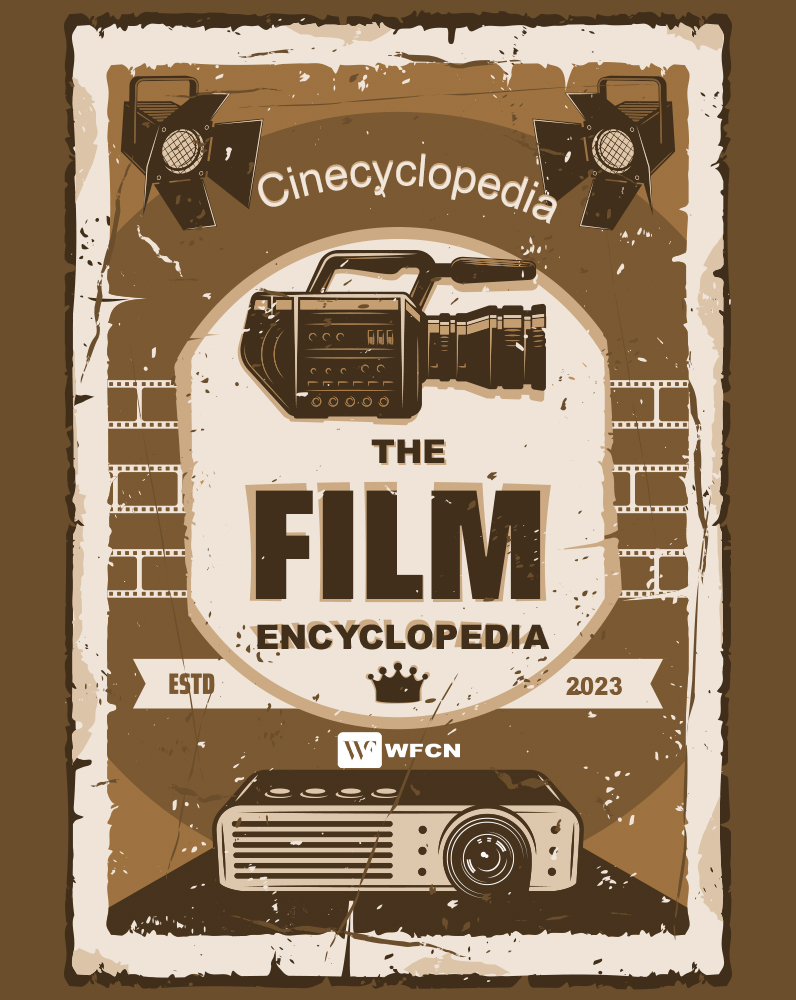Film Adaptation
Created on : December 11, 2023 15:11
Denotation
A film adaptation is a cinematic work adapted from a piece of non-film source material, which can either be a work of fiction or nonfiction. Common fiction source materials include a book, play, novella, television series, video game, or short story, while filmmakers can source nonfiction materials from a memoir, biography, or piece of journalism.

Introduction
A Film Adaptation is an artistic creation for the big screen that is derived from non-film source material, which might be non-fiction or fiction. Filmmakers can find nonfiction content from memoirs, biographies, or pieces of journalism, while fiction film can be sourced from books, plays, novellas, television shows, video games, or short stories. When crafting a film adaptation, filmmakers typically eschew realism in favor of more artistic license.
Types of Film Adaptation
Theatrical Adaptation
Film adaptations of several plays by William Shakespeare have been produced, such as Othello, Romeo and Juliet, and Hamlet. The 1929 version of The Taming of the Shrew, starring Mary Pickford and Douglas Fairbanks, was the first Shakespeare play to be adapted with sound. Later, it was adapted as Kiss Me, Kate, the 1953 Hollywood musical, and as a musical drama that debuted on Broadway in 1948. Typically, a character's growth or the major narrative of the movie will be paralleled by one or more of Shakespeare's basic themes or plot points. The two plays that are most frequently utilized in this manner are Hamlet and Romeo and Juliet.
Television Adaptation
Television adaptations are an intriguing blend of artistic interpretation and homage to original narratives. Translating the essence of a beloved story from the pages of a book or the big screen onto the episodic format of television demands a delicate balance. The longer runtime provides an opportunity for deeper character exploration, nuanced storytelling, and the expansion of intricate plotlines. However, the challenge lies in maintaining the essence and integrity of the source material while embracing the unique demands of the television medium. When executed thoughtfully, these adaptations can breathe new life into familiar tales, inviting audiences to immerse themselves in the world they love while discovering fresh perspectives and untold nuances.
Radio Adaptation
Film adaptations have also been based on radio narratives. Radio segments were frequently adapted for film during the height of radio, usually in the form of shorts. Film adaptations of radio dramas and fantasy tales with lots of dialogue have also been made. After starting as a BBC radio series, The Hitchhiker's Guide to the Galaxy was turned into a book that was eventually made into a movie.
Comic Book Adaptation
Comic book adaptations are handled differently than novel adaptations. Numerous popular comic book series have multiple incarnations of their characters over several decades. Rather than following a specific plot, movies based on these shows typically attempt to capture the backstory and "spirit" of the characters. Sometimes, details about the characters' histories and origins are updated or simplified. Avengers: Endgame (2019) and Joker (2019) are the highest-grossing and most profitable comic book adaptations, respectively.
Video Game Adaptation
Film adaptations of video games also started in the early 1980s. Not until the release of multiple films based on well-known brands has this genre gained recognition on its own, though films like Tron and Cloak & Dagger, which were closely related to the computer and video game industries, were also produced during this period. Films based on video games can be computer-animated, like Final Fantasy: The Spirits Within, live-action movies, like Super Mario Bros., or traditionally animated, like films in the Pokémon series. Original video animations (OVAs) based on well-known video games are also available; one example is Street Fighter Alpha: The Animation. Uwe Boll, a German writer, director, and producer, is one of the most well-known creators of video games. His credits include the critically panned films House of the Dead, Alone in the Dark, BloodRayne, In the Name of the King: A Dungeon Siege Tale, Postal and Far Cry.
Conclusion
In the realm of film adaptations, the journey from page to screen is a captivating evolution that illuminates the power of storytelling. Whether a cinematic interpretation remains faithful to its source material or embarks on an innovative reimagining, the essence lies in the artistry of translating narratives across different mediums. These adaptations serve as bridges, connecting audiences to cherished stories in new and compelling ways, fostering a sense of nostalgia while paving the way for reinterpretation and artistic exploration. Ultimately, film adaptations showcase the boundless creativity and enduring impact of storytelling, leaving an indelible mark on both the cinematic landscape and the hearts of viewers.